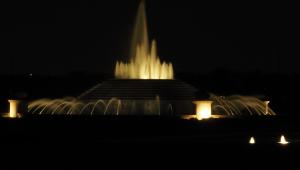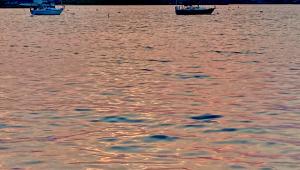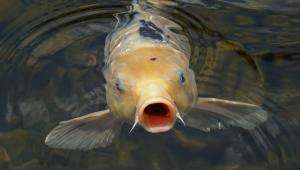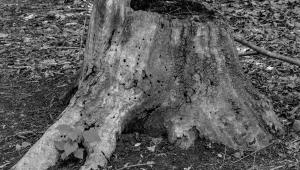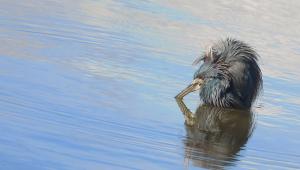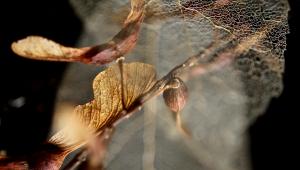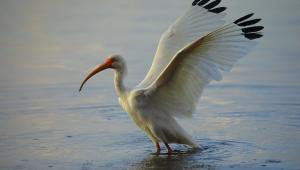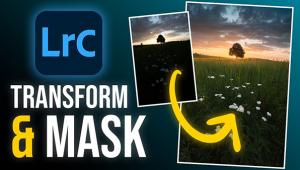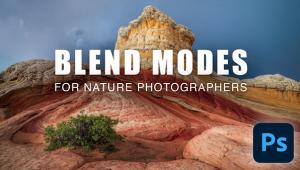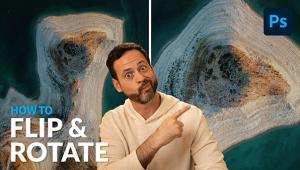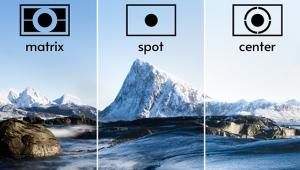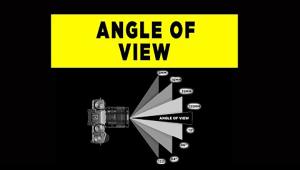Start It Up; For Steve Gottlieb, Creating His Own Workshop Was A Learning Experience
So you wake up one morning and think, you know, what I'd really like
to do is start my own photography workshop.
You or me, we hit the snooze button and see what we come up with after 10 more
minutes of sleep. But not Steve Gottlieb. A commercial photographer with three
books to his credit, Steve had been thinking about workshops. He had a close
friend who was the director of marketing at one of the country's top photo
workshops, and Steve had heard a lot about how the workshop business was difficult
if not impossible, and how the world didn't need another photo workshop.
But Steve had an angle. "Literally, one day it occurred to me that I could
do something that was fundamentally different from the big workshops,"
he says. "Rather than locate the workshop in some faraway, romantic and
beautiful place, like Santa Fe or Rockport, Maine, or Bozeman, Montana, or Palm
Beach, my idea was to find a place that was romantic and beautiful, but right
in the heart of a population center." Simply, he wanted to avoid a location
that most people would have to board a plane to reach. "If you could get
into your car and get there in two-and-a-half or three hours, that would mean
people could attend over a weekend, and they wouldn't have to give up
their vacations or take time off from their lives in order to attend."
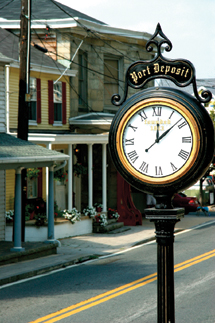 |
|
|
Between Boston and New York came to mind first, so he drove around Rhode Island
for a while. "I found a great location," he says, "but the
winters can be brutal up there, and I wanted a place that could operate year-round.
I took out a map and drew a circle between metro DC and metro New York, and
I drove to every town in that circle until I found one that stood far above
the others." That town was Chesapeake City, Maryland, which is now the
home of Steve's Horizon Workshops.
For photography, the area's ideal: wide-open spaces, great scenery, farms,
five rivers, wildlife, picture-perfect small towns. Throw in accommodations
and relatively temperate weather and it's a perfect place for Horizon's
Friday-through-Sunday workshop sessions. From a business standpoint, it met
Steve's easy access criteria: he's calculated that Chesapeake City
is within a three-hour drive of over 10 percent of the entire population of
the US.
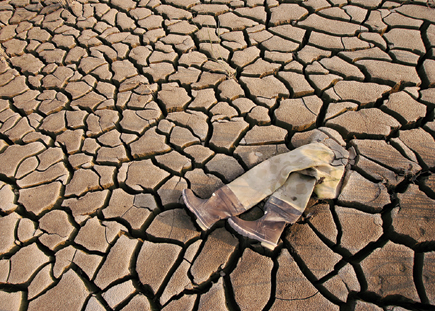 |
|
|
Subject Matters
With the workshop aiming to attract amateurs and prosumers looking to take their
skills up a notch, Steve made a list of courses. With the benefit of hindsight,
he says "I made some good decisions and some not so good." The good
ones included courses on digital basics, nature, real people, and photojournalism.
On the other side of the ledger was sports photography. "I thought there
would be a lot of people taking pictures of their kids playing sports who'd
want to learn how to take better pictures of their kids playing sports, but
there was no interest. I also had a course called `Boats and Boaters,'
which I thought was a natural for an area that probably has more marinas per
square mile than any place in the country. I thought all the boaters would want
to know how to photograph their boats, interiors and exteriors, and how to shoot
landscapes from the boat. No one signed up."
 |
|
|
While he was thinking about the courses he was also figuring out class size.
Ultimately he based his decisions on his own experience and the experience of
the instructors he hired. Later he was able to add in the responses and preferences
of his first students. Basically it came down to "less is more,"
and 15 is definitely too many. "We decided that a dozen is the maximum
for people to get real personal attention, and we prefer to go fewer than that."
As you might expect, the key factor was going to be the instructors. "I
decided I was not going to deliberately look for marquee names," Steve
says. "With respect to all the workshop teachers out there, it wasn't
`round up the usual suspects.'
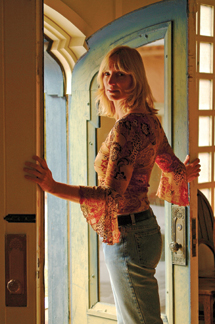 |
|
|
"I started with the courses, and then went to the web and explored. Then I looked at the professional source books. The thing was, I had to have respect for their work; the pictures came first. I also looked in magazines for people who wrote as well as photographed. I wanted people who could communicate about photography. Then they had to have some teaching experience. Finally, they had to be within a three-hour drive of the workshop. I didn't want it to be difficult for them to get here." When he had a short list, he made the calls and, he says, "basically got the ones I wanted." Among the first photographers to sign on were Tony Sweet, teaching nature; Frank Van Riper, photojournalism; and Bobbi Lane, people.
